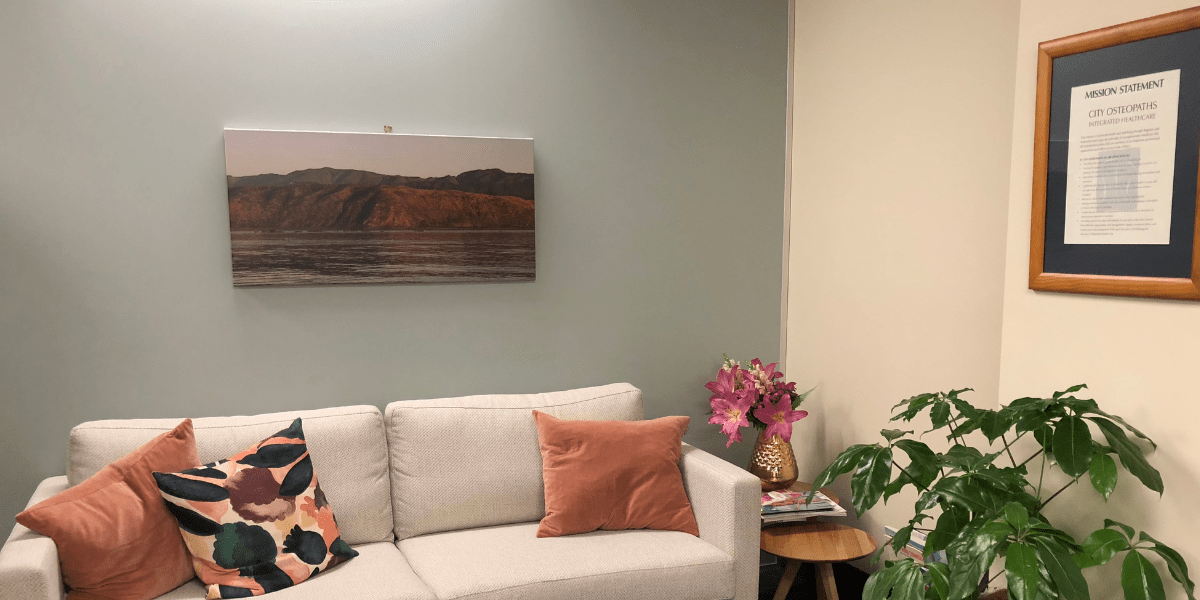Headaches and migraines are two of the most common ailments in the world, with up to 80% of the population having at least one headache per year. They can widely vary in their type and intensity, meaning that some may rarely suffer at all, however there are individuals who suffer so much that it begins to take a toll on their everyday life, even causing them to take time off work or cancel their social plans.
There are various types of headaches that all have different causes. These include migraines, tension, cluster, cervicogenic, headaches and many more. As osteopaths, the two most common types that we treat are tension and cervicogenic, however osteopathic treatment can help to relieve many variations of headache.
We are specially trained to assess and determine the cause of your headaches. We conduct a thorough case history, in order to ascertain how often they occur, when they occur, where they occur and whether there are any specific triggers to your headaches. We can rule out certain headaches that may need further medical investigation from your GP and we will conduct a postural assessment to decipher the cause of your headaches.
What causes tension or cervicogenic headaches?
Tension or tight muscles in the neck, back, jaw and eyes are common causes of tension headaches.
Nerves that are irritated or inflamed in the neck can lead to pain symptoms in the form of a headache.
Dysfunction or stiffness in the upper three cervical (neck) vertebrae are another common cause.
Osteopaths use specific and gentle techniques to loosen the muscles and joints in the neck and back which can help to relieve the symptoms of headaches. We can also provide you with exercises that you can do at home to help to stretch specific muscles and improve posture. A combination of manual therapy and home exercises has been found to be highly effective in treating cervicogenic and tension headaches. Every individual will manage their symptoms in different ways, often through a system of trial and error.
Here are some common ways to help you with the management of headaches and migraines.
Staying hydrated – dehydration is a common cause of headaches. Aim to drink at least 8 glasses of water daily. Avoiding caffeine has also been known to prevent headaches.
Staying relaxed – life can get busy, or even chaotic at times. It’s important to take time out to clear your mind. Meditation, mindful breathing, yoga and even so much as a brisk walk, can all help to counteract the symptoms of headaches and help you unwind.
Sleep plenty – The National Sleep Foundation recommends that we get between 7 and 9 hours of sleep per night. To improve sleeping patterns, it’s important to unwind at night time.
Work station set up – many of us spend a lot of time working at our desks, therefore it’s important that our posture is correct when we do so. Getting an ergonomic assessment of your work station can help to check that your chair, desk and computer are at the correct height and position for you. This will prevent you working in a difficult posture that tightens muscles and potentially causes headaches.
Avoiding bright lights – many people find that bright or flickering lights can be a trigger for their headaches. Reducing screen time when possible (particularly before bed) can help.
Exercise and get fresh air – a combination of exercise and fresh air can work wonders for our health.
If you suffer from headaches you are more than welcome to get in touch and see how osteopathy can benefit you.






